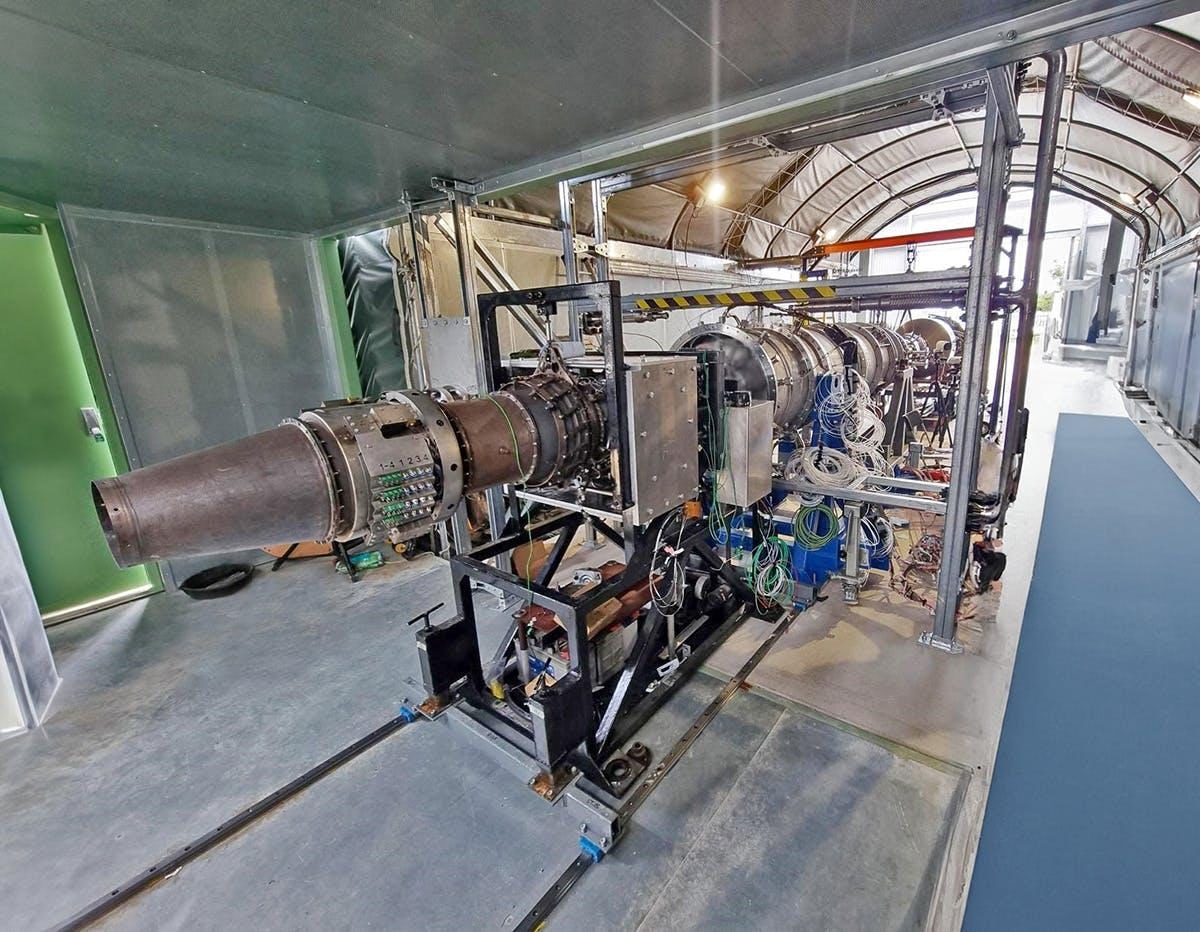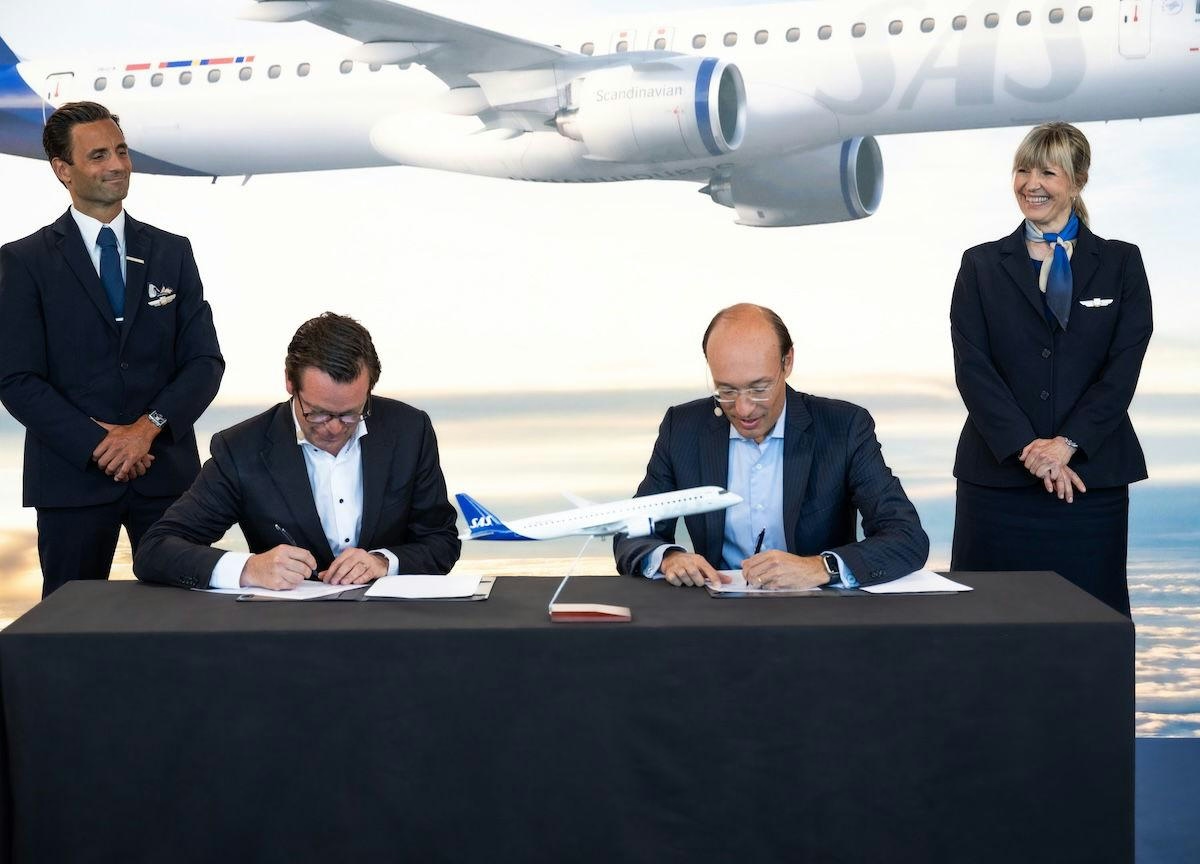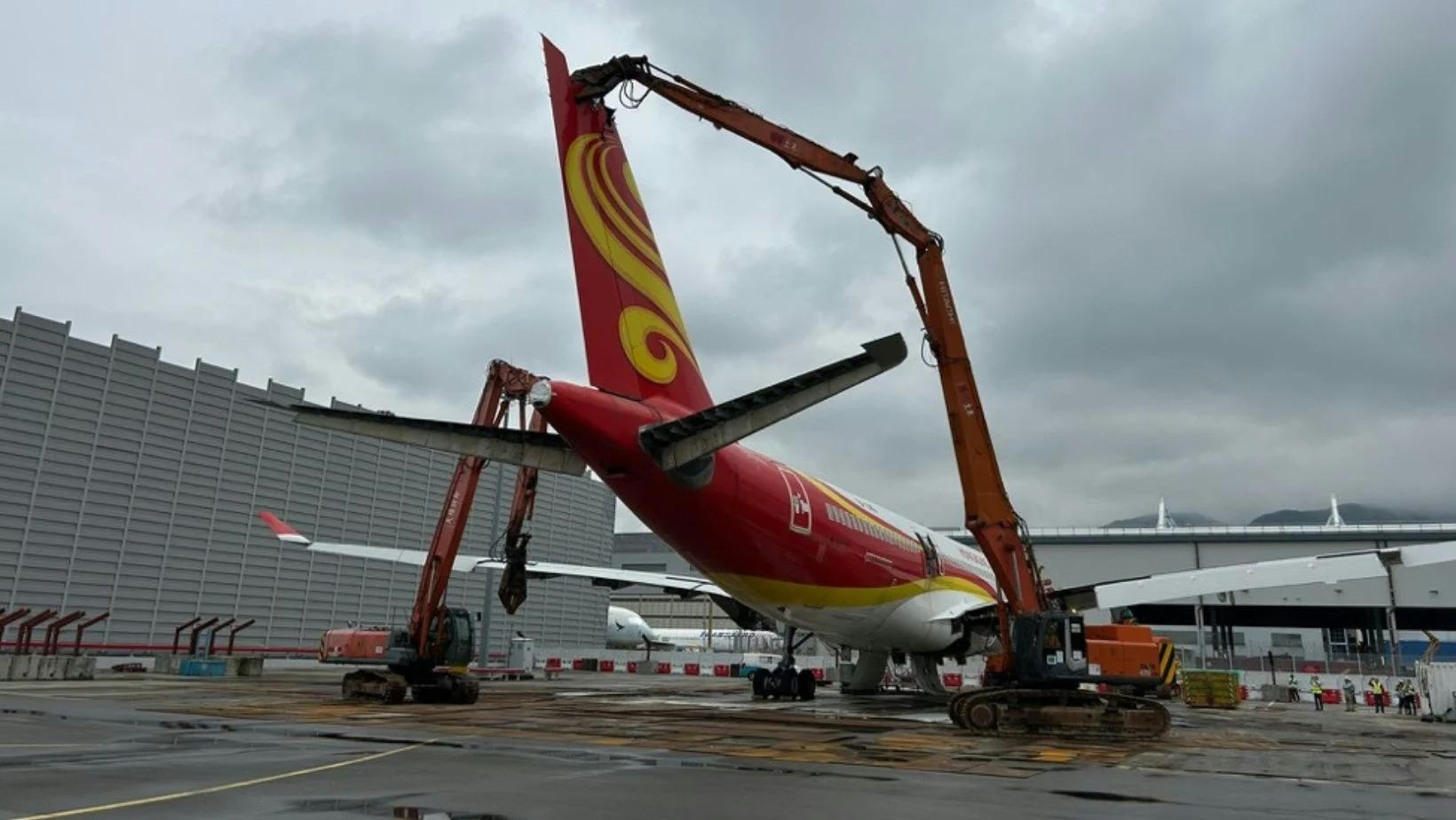
Smarter email, faster business.
Trending
Administrators Seek Buyer for Reaction Engines’ Hypersonic Technology

Administrators Seek Buyer for Reaction Engines’ Hypersonic Technology
Pioneering propulsion technologies developed by the now-defunct UK firm Reaction Engines may still have a future, as insolvency specialists overseeing the company’s administration report that the sale of its assets to a preferred bidder is nearing completion. Reaction Engines, an Oxford University spin-out, had been at the forefront of developing the SABRE hypersonic propulsion system alongside advanced thermal-management technologies. However, the company entered administration on 31 October last year after failing to secure further investment—a challenge emblematic of the broader investor caution surrounding high-risk, cutting-edge aerospace ventures.
Administration and Asset Sale Process
Administrators Peter Dickens and Sarah Myers from PricewaterhouseCoopers were appointed to manage the winding-up process. Following the company’s collapse, 172 of Reaction’s 208 employees were laid off, and operations largely ceased. Despite this, the firm continued work on a specific contract until the end of December, generating an additional £1.8 million ($2.4 million) in revenue, according to a progress report dated 30 May covering activity through April.
With the completion of this contract, the administrators initiated a sales process focused primarily on Reaction’s intellectual property, which includes patents, trade secrets, and trademarks. The company’s directors had previously valued these assets at £848,000. Interested parties were invited to submit non-binding offers, and several potential bidders were granted access to the company’s records in early March. By mid-March, further offers were received, and four parties were shortlisted for the next stage. Final bids were submitted by mid-April, after which a preferred bidder was selected and entered into an exclusivity period. The process remains ongoing, with administrators noting continued negotiations.
Industry Interest and Financial Challenges
The potential sale has attracted significant attention from aerospace companies seeking innovative propulsion technologies, underscoring the market’s recognition of SABRE’s potential despite Reaction Engines’ financial difficulties. Industry observers suggest that competitors in the hypersonic technology sector are closely monitoring the situation, viewing the sale both as an opportunity to acquire valuable intellectual property and as a possible threat to their own market positions.
Reaction Engines’ financial challenges were substantial. In December, administrators estimated the company’s total deficiency at over £160 million, including more than £150 million in now-worthless shareholdings. The firm’s struggle to secure additional funding highlights the broader difficulties faced by companies developing advanced aerospace technologies, where investor hesitancy can impede progress even for promising innovations.
As the sales process enters its final stages, the future of Reaction Engines’ groundbreaking technology—and its potential impact on the aerospace sector—remains uncertain. Nonetheless, the sustained industry interest suggests that the company’s legacy may yet endure.

Key Questions on Chinese Travel, AI, and Airlines Answered by Skift

SAS Orders Up to 55 Embraer E195-E2 Jets

Portugal Hosts Aviation Pioneers at World Aviation Festival in Lisbon

World Star Aviation Backs XMAL’s First Lease Deal with easyJet

AerFin Conducts First Aircraft Disassembly at Hong Kong Airport

Fuji Dreams Airlines Renews Contract with IBS Software

Prague Airport Advances Traveler Experience Through Technology

British Airways Employs AI to Reduce Delays and Cancellations

Bombardier's $1.7 Billion Deal Signals the Power of Long-Term Service Partnerships in Aviation
